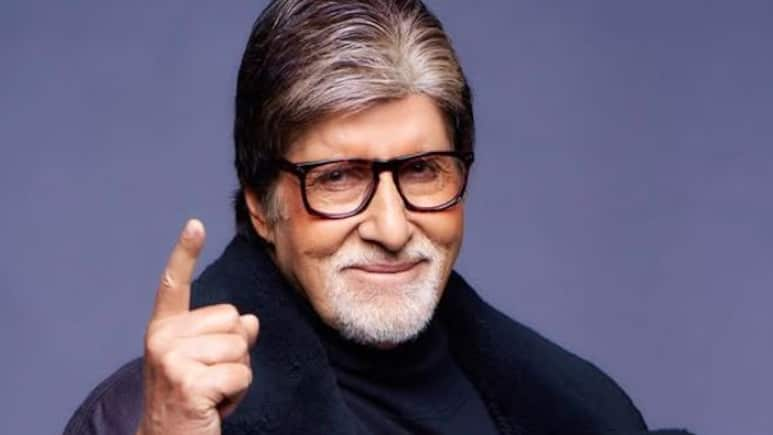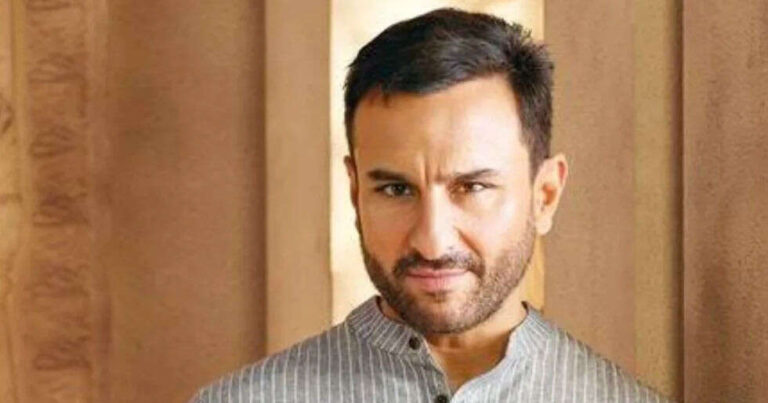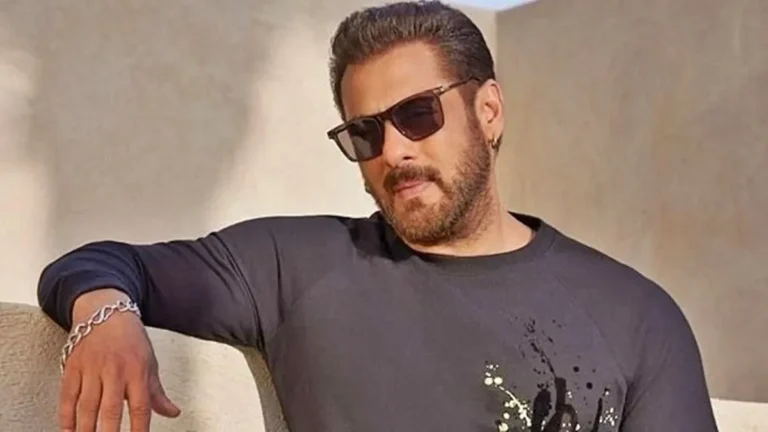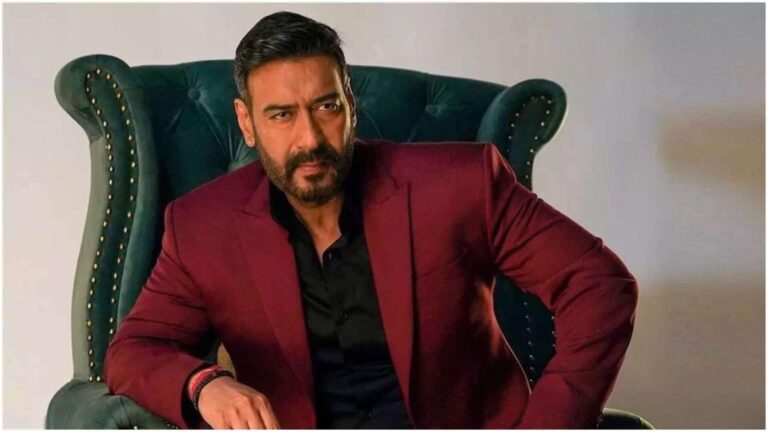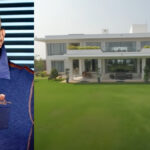Amitabh Bachchan is one of the most celebrated and influential figures in the history of Indian cinema. Fondly called “Big B,” “Shahenshah of Bollywood,” “Angry Young Man,” and even the “Star of the Millennium,” he has ruled the hearts of millions for over five decades.
With his towering personality, commanding voice, unmatched versatility, and extraordinary dedication, Bachchan has gone far beyond being just an actor. He is a global icon, a cultural representative of India, a philanthropist, and a living legend.
His journey is nothing short of inspirational — from struggling to find roles in the 1960s to becoming the biggest superstar of Indian cinema, facing career setbacks and financial troubles, and yet rising again to regain his throne.
Early Life and Family Background
Amitabh Bachchan was born on 11 October 1942 in Allahabad, United Provinces (now Prayagraj, Uttar Pradesh), during the British colonial era.
- Father – Harivansh Rai Bachchan, one of the most respected Hindi poets of the Nayi Kavita movement, known for his masterpiece Madhushala.
- Mother – Teji Bachchan, a woman of artistic temperament with interest in theatre, who played a big role in shaping his personality.
- Sibling – He has a younger brother, Ajitabh Bachchan.
Originally named Inquilab Srivastava (inspired by the freedom movement slogan “Inquilab Zindabad”), he was later named Amitabh, which means “the light that will never die.” His surname “Bachchan” was his father’s pen name, which eventually became the family name.
Education and Early Interests
- He attended Sherwood College, Nainital, where he excelled in academics, sports, and theatre.
- Later, he graduated from Kirori Mal College, Delhi University, with a degree in Science.
- Amitabh was an active part of the college theatre society, and this is where his acting talent began to bloom.
In his youth, Amitabh was fascinated with cinema and drama but also considered careers in engineering and civil services.
Initial Struggles in Bollywood
When he moved to Mumbai to pursue acting in the late 1960s, Amitabh faced multiple rejections. Casting directors felt he was too tall (6’2”), had an unconventional face, and his deep voice was not suitable for romantic hero roles of that era.
Interestingly, his heavy baritone voice — now one of his greatest assets — was once considered a drawback. He even applied for a job as a radio announcer at All India Radio, but was rejected.
Despite the odds, Amitabh kept trying. His perseverance finally paid off when director Khwaja Ahmad Abbas gave him a chance in Saat Hindustani (1969), his debut film. The movie failed commercially, but Amitabh won the National Film Award for Best Newcomer.
Breakthrough and the Rise of the Angry Young Man (1970s–1980s)
In 1971, Amitabh starred in Anand, alongside superstar Rajesh Khanna. Though Khanna played the central role, Amitabh’s portrayal of Dr. Bhaskar earned him recognition and his first Filmfare Award.
However, his real breakthrough came with Zanjeer (1973), directed by Prakash Mehra.
- He played the role of Inspector Vijay, a tough, angry cop fighting against injustice.
- The film was a superhit and established Amitabh as Bollywood’s new action hero.
- This marked the birth of his legendary persona as the “Angry Young Man”, which resonated with India’s youth during the turbulent 1970s.
From then onwards, Amitabh delivered one hit after another:
- Sholay (1975) – The biggest blockbuster in Indian cinema history.
- Deewaar (1975) – His defining role as a conflicted anti-hero.
- Amar Akbar Anthony (1977) – Showcased his comic side.
- Trishul (1978), Don (1978), Kala Patthar (1979), Lawaaris (1981), Silsila (1981), Coolie (1983) – all cemented his superstardom.
By the 1980s, Amitabh Bachchan had become India’s biggest superstar, with unparalleled fan following.
The Coolie Accident (1982)
While filming Coolie, Amitabh suffered a near-fatal accident during an action sequence. He was critically injured and underwent multiple surgeries. The entire nation prayed for his recovery.
When he finally regained consciousness, millions celebrated as if a family member had survived. This incident turned him into an immortal figure in the eyes of fans.
Political Career (1984–1987)
In 1984, Amitabh entered politics at the request of his close friend Rajiv Gandhi.
- He contested the Lok Sabha elections from Allahabad as a Congress candidate.
- Won with a record margin of over 68% votes.
- However, he soon became disillusioned with politics, calling it a “cesspool.”
- He resigned in 1987 after being embroiled in controversies like the Bofors scandal, though no wrongdoing was ever proven.
Politics turned out to be a brief and unpleasant chapter in his life.
Setbacks and Financial Struggles (1990s)
The 1990s were tough for Amitabh Bachchan.
- His films started underperforming at the box office.
- In 1996, he launched his company Amitabh Bachchan Corporation Limited (ABCL), which produced films and organized events like Miss World 1996 in India.
- Unfortunately, ABCL went bankrupt, and Amitabh was in severe financial crisis, even struggling to pay off debts.
Many thought his career was over. But Amitabh’s resilience and determination once again brought him back.
Comeback and Reinvention (2000s–Present)
In 2000, Amitabh made a historic comeback by hosting the television quiz show Kaun Banega Crorepati (KBC).
- His charisma, warmth, and wit made the show a massive success.
- KBC not only revived his career but also transformed Indian television forever.
He then returned to films, reinventing himself as a mature actor in character-driven roles:
- Mohabbatein (2000) – As a strict headmaster.
- Baghban (2003) – Emotional father role.
- Black (2005) – Critically acclaimed, won the National Award.
- Sarkar (2005) – Inspired by Bal Thackeray.
- Paa (2009) – Played a 12-year-old child with progeria (National Award).
- Piku (2015) – Heartwarming performance as an eccentric father.
- Pink (2016) – Landmark film on women’s rights.
- Jhund (2022) and Uunchai (2022) – Proved he still takes risks at 80+.
Awards and Honors
- National Film Awards – 5 Best Actor wins (Agneepath, Black, Paa, Piku, Pink).
- Filmfare Awards – Over 40 nominations, 16 wins.
- Padma Shri (1984), Padma Bhushan (2001), Padma Vibhushan (2015).
- Dadasaheb Phalke Award (2019).
- Named “Star of the Millennium” in a BBC online poll.
- Honored at international film festivals and by several foreign governments.
Philanthropy and Social Work
- Donated millions to farmers’ debt relief, health causes, and disaster relief.
- Ambassador for polio eradication campaign in India, contributing to its success.
- Supports education for underprivileged children.
- Donates earnings from many endorsements to charity.
Personal Life
- Married actress Jaya Bhaduri in 1973.
- Children: Shweta Bachchan Nanda (author, entrepreneur) and Abhishek Bachchan (actor, married to Aishwarya Rai Bachchan).
- Known for his discipline, humility, and strong family values.
- His close friendship with Rajiv Gandhi and later reconciliation with long-time rival Shatrughan Sinha reflect his human side.
Global Influence
- Amitabh Bachchan’s films are watched not just in India but across Asia, Africa, the Middle East, and the West.
- He has been a UNICEF Goodwill Ambassador.
- His wax statue stands at Madame Tussauds Museum in London and other locations worldwide.
- His voice has been used in the London Olympics 2012, Google Maps (Hindi voice), and more.
Legacy
Amitabh Bachchan’s legacy is beyond films:
- He transformed the image of the Bollywood hero.
- Inspired generations of actors, including Shah Rukh Khan, Hrithik Roshan, and Ranbir Kapoor.
- His voice, style, and personality remain unmatched.
- Even at 82, he continues to work tirelessly, proving that passion has no age limit.
Conclusion
Amitabh Bachchan’s journey is a story of dreams, failures, struggles, resilience, and triumph. From rejection in his early years to becoming the greatest superstar India has ever seen, he has truly lived a cinematic life.
He is not just an actor but an emotion for millions, a symbol of hope and determination, and a living legend who continues to inspire generations.
Even today, when he walks on screen, the world knows — the Shahenshah has arrived.

